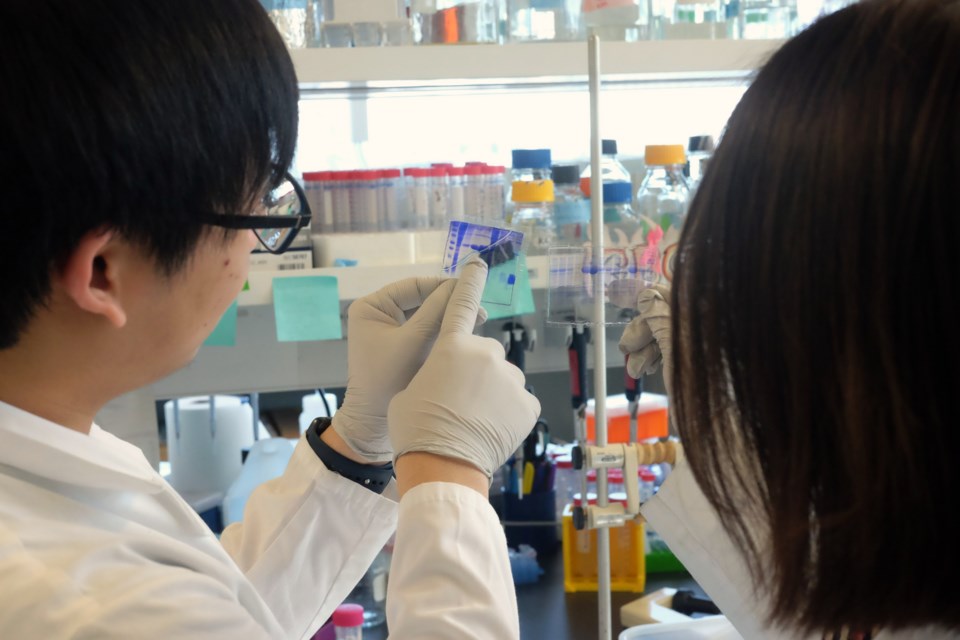SASKATOON – A new insight into cell signals that control cancer growth and migration could help in the search for effective anti-cancer drugs. A team of researchers has revealed key biochemical processes that advance our understanding of colorectal cancer, the third most common cancer among Canadians.
Using the CMCFbeamline at the Canadian Light Source (CLS) at the University of Saskatchewan, scientists from McGill University and Osaka University in Japan were able to unlock the behavior of an enzyme involved in the spread of cancer cells. The team found that there is a delicate interaction between the enzyme, PRL3, and another protein that moves magnesium in and out of cells. This interaction is crucial to colorectal cancer growth.
“These enzymes were first seen in liver cells that were activated to start growing, so somehow they act as a growth signal,” said McGill biochemistry professor and corresponding author Dr. Kalle Gehring.
It was generally believed that PRL3 proteins acted as enzymes to control cancer cells. Therefore, it came as a surprise when Gehring and his team found that a mutation that leads to a loss of the enzyme activity still maintained the same influence over cancer growth and migration. “What our new paper showed is that a second activity of PRL3, control of a magnesium transporter, is the signal that instructs the cancer to travel to other parts of the body. It was very exciting that the mutant protein that has no catalytic activity, but still binds very tightly to magnesium transport proteins, turned out to be as oncogenic as the wild-type protein,” said Gehring.
The team’s findings call into question long-standing hypotheses about the role PRL3 plays in the spread of cancer and indicate that the binding mechanism is somehow key.
Understanding the growth and spread of cancer is crucial to successfully treating the disease. The team’s findings, published in the Journal of Biological Chemistry, could help to refocus cancer drug development and drug screening processes.



